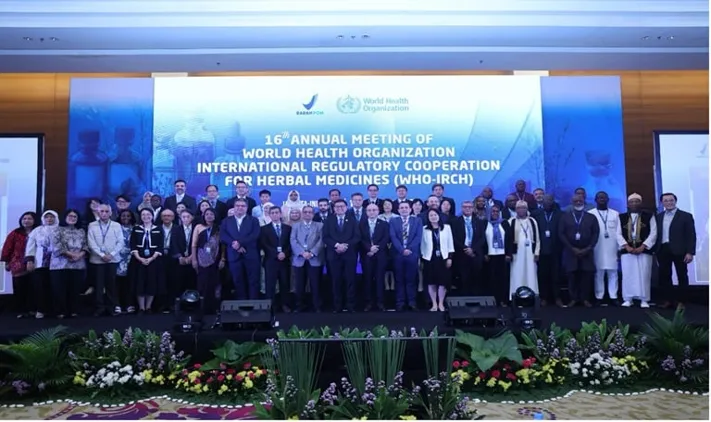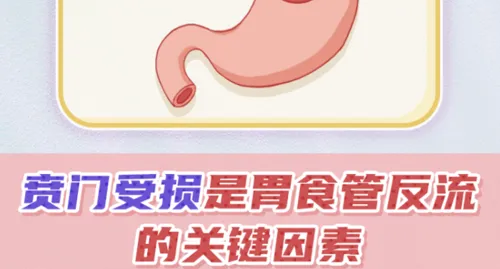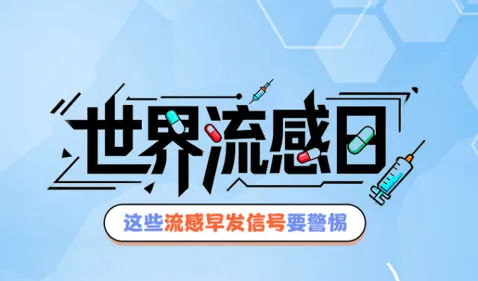WHO Hosts 16th Annual Meeting on Herbal Medicine Regulation

The 16th Annual Meeting of the World Health Organization International Regulatory Cooperation for Herbal Medicines (WHO-IRCH) was successfully held in Jakarta, Indonesia, organized by the Indonesian Food and Drug Authority (BPOM). This meeting gathered regulatory authorities, policymakers, researchers, and WHO representatives from around the globe to enhance collaboration regarding the quality, safety, and efficacy of herbal medicines. A session of the WHO-IRCH Steering Group took place prior to the annual meeting on 13 October.
In his opening address, Dr. Sungchol Kim, Chair of WHO-IRCH, emphasized the importance of unified regulatory approaches, stating that 'cooperation among Member States is crucial for fostering confidence in herbal medicines through evidence-based regulation and mutual learning.' Dr. Taruna Ikrar, Chairperson of Indonesia’s FDA, welcomed the delegates and reaffirmed Indonesia’s commitment to regulatory excellence, highlighting the country’s deep-rooted jamu traditions and the increasing significance of traditional medicine in public health.
Over the three-day meeting, 57 representatives attended in person, while 31 participated online, representing 22 and 31 WHO IRCH members and observers, respectively. They provided updates on the status of herbal medicine regulation across WHO regions. Plenary and technical sessions centered on key themes, including the safety and regulation of herbal medicines (Working Group 1); quality control, standardization, and sustainability of herbal medicines (Working Group 2); and the efficacy and intended use of herbal medicines (Working Group 3). Workshops conducted under the WHO-IRCH Working Groups highlighted recent capacity-building efforts, including training programs organized earlier this year by the Governments of India (a three-day hybrid workshop for Working Groups 1 and 3) and China (a two-day online workshop for Working Group 2).
The WHO Secretariat presented progress on several key initiatives, including the WHO Global Traditional Medicine Strategy 2025–2034, the WHO Global Benchmarking Tool (GBT) for evaluating national regulatory authorities for traditional medicine products, the WHO International Herbal Pharmacopoeia (IHP), and ongoing efforts towards harmonizing traditional medicine terminology and establishing reference limits for contaminants in herbal medicines.
This year’s meeting holds particular significance in the lead-up to the 2nd WHO Traditional Medicine Global Summit, scheduled to take place from December 17 to 19, 2025, in New Delhi, India. A dedicated session on the 'Regulation of TCIM Products' during the Summit is expected to build on the discussions and recommendations that arose from the Jakarta meeting. The outcomes of the IRCH deliberations will also contribute directly to the implementation of the new WHO Global Traditional Medicine Strategy 2025–2034, which emphasizes research, regulation, integration, and cross-sector collaboration to ensure the safe and effective use of traditional, complementary, and integrative medicine worldwide.
In his closing remarks, Dr. Kim praised the active involvement of Member States and thanked the Government of Indonesia for its warm hospitality and outstanding organization. He urged members to maintain the spirit of collaboration through ongoing dialogue, capacity-building, and knowledge sharing, reaffirming the IRCH's mission to protect and promote public health through the effective regulation of herbal medicines.
The next WHO-IRCH Annual Meeting will be held in 2026.
© 2025 Health Tribe.


